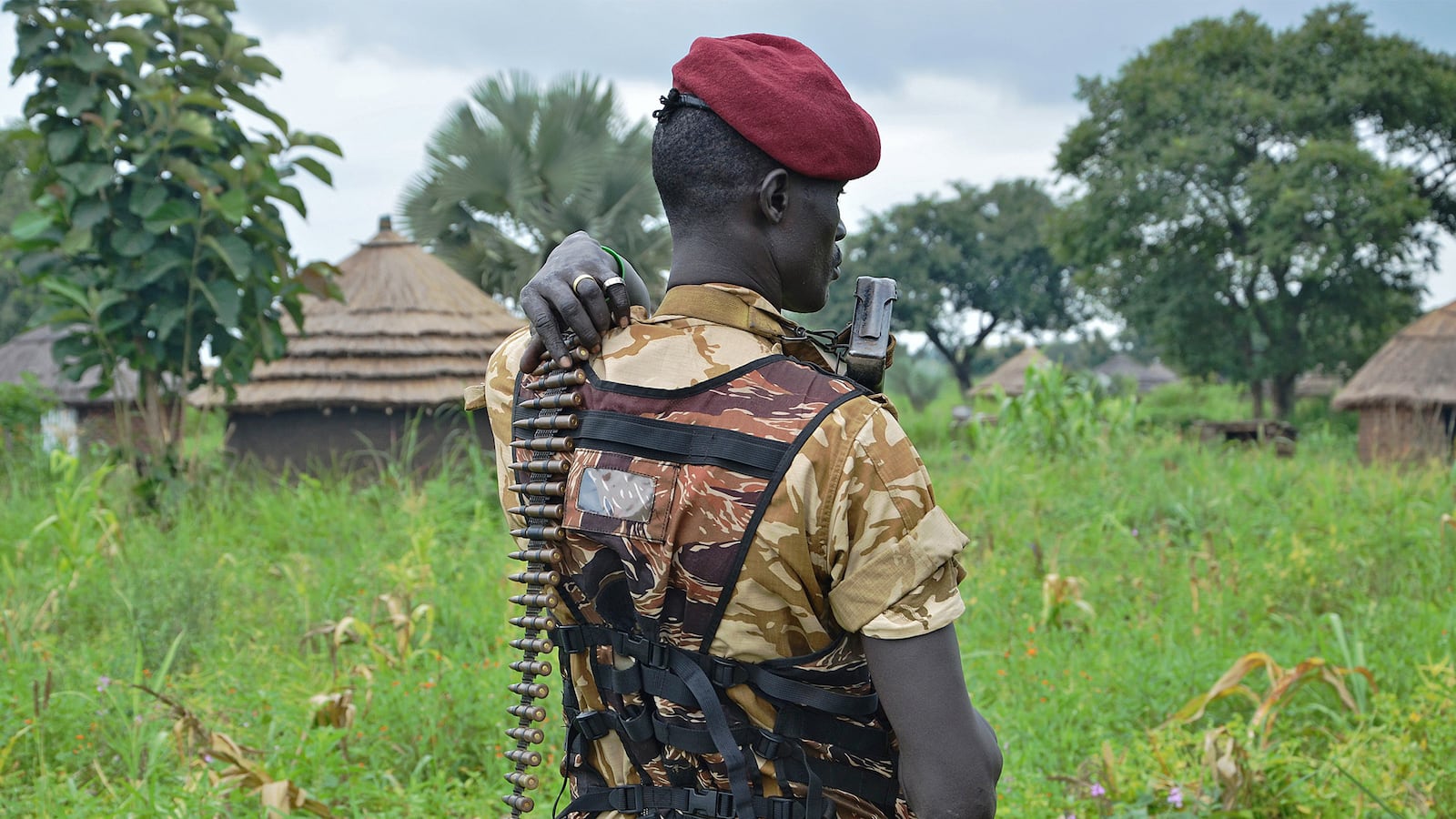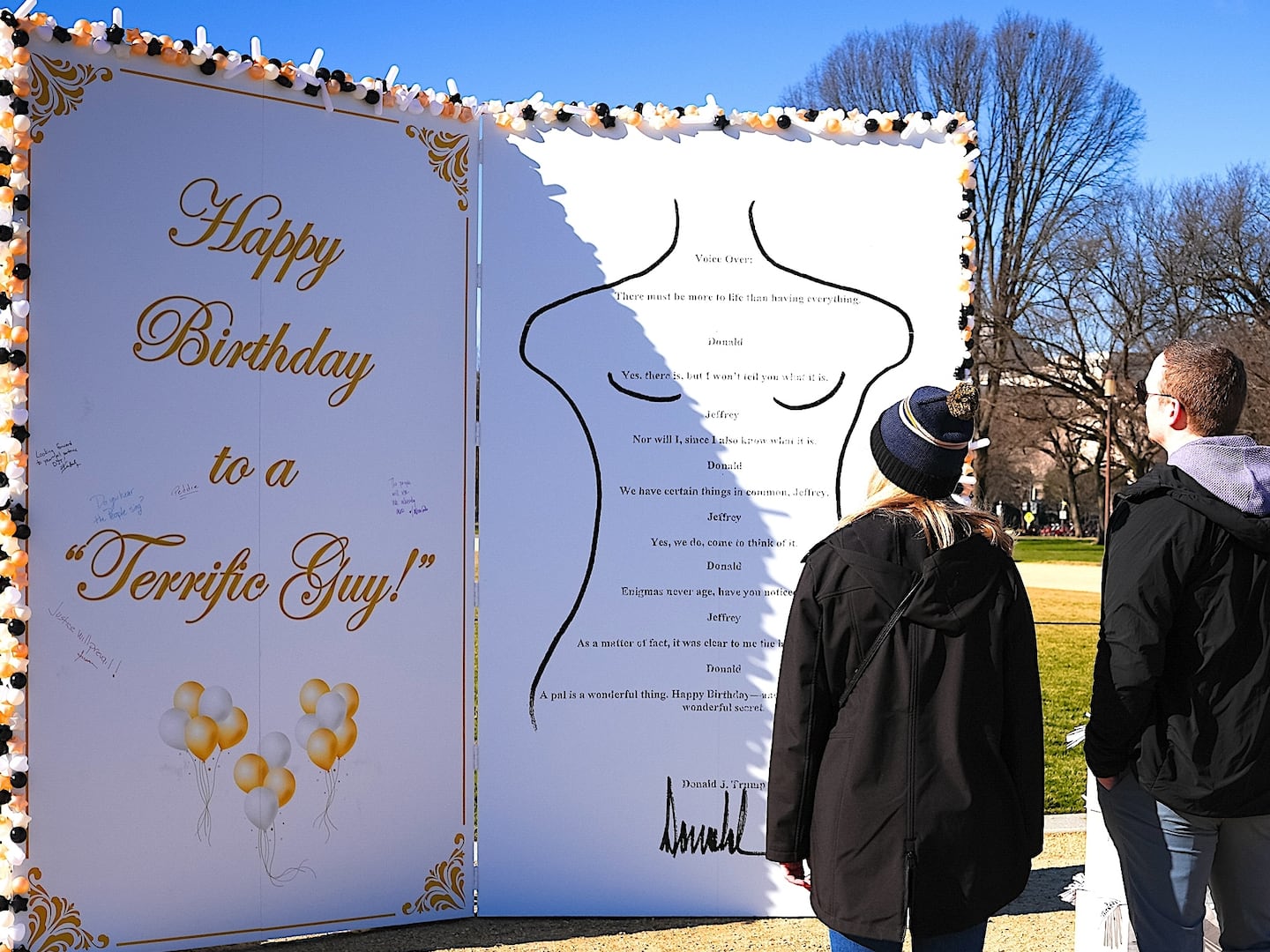JUBA, South Sudan — In June, Elizabeth’s luck ran out.
As she sat talking in a long hut in the Bentiu Protection of Civilians (PoC) camp this year, she told me she had witnessed firsthand the sexual violence that has plagued women in the country’s civil war.
Soldiers can “do whatever they want to do to us because women are very weak in the community,” she said as she nursed a cup of tea. There in the camp that holds around 120,000 people, she asked that her real name not be used.
Even in these UN-managed refuges, there is no guarantee of safety. And a gruesome new report from the United Nations Human Rights Office shows the extent to which women like Elizabeth are exploited in South Sudan’s civil war.
The report says that both the government of South Sudan led by President Salva Kiir and the opposition led by Vice President Riek Machar have committed systematic violence against civilians. But the government has committed most of the crimes, the report says, and some of them may indeed qualify as war crimes. (One example would be the recent attack on a UN-protected camp in Malakal, covered extensively by The Daily Beast.)
But the UN report also focuses in excruciating detail on the way women have been victimized by this war. Not only have they not been spared by the fighting, they’ve been targeted by soldiers who use sexual violence as a tool of oppression and even a form of combat pay.
Fighters allied with the government of South Sudan have been allowed to rape women and enlist them as slaves in lieu of salaries, the report says. In Unity State, where Elizabeth lives, there were more than 1,300 reported cases of sexual violence in a five-month period. Girls as young as 5 were raped.
“This is one of the most horrendous human-rights situations in the world, with massive use of rape as an instrument of terror and weapon of war,” said UN High Commissioner for Human Rights Zeid Ra`ad Al Hussein.
Elizabeth’s story is common among women in South Sudan.
She receives bags of free food from the World Food Program, but has no fuel with which to cook it. So, like most women in her PoC, Elizabeth takes a five-hour walk a few times per week to a nearby forest to collect bundles of firewood. On any day, you can see these weary travelers in the dusty PoC, convoys of women in colorful dresses balancing oversized bundles of firewood on their heads.
They are survivors.
Women like Elizabeth who venture to collect firewood have become a favorite target of gun-toting soldiers who have destroyed towns and massacred the men who opposed them. The women are defenseless, tired, and considered a spoil of war. When one militia retakes a town like Bentiu, the opposing side’s soldiers usually flee in advance, and the women are left to fend for themselves.
“I pray every day that I will not be attacked again in the bush,” Elizabeth said.
Last June, she set out with six other women to collect firewood. By walking together, the women tried to reassure themselves they had some semblance of security. When they reached the forest, they collected firewood, then turned back for the three-hour journey home.
On the way, a group of soldiers spotted them and began to close in. The defenseless women ran for their lives.
Elizabeth, who is middle aged, slipped and fell.
The men “saw me. I am an old woman, and they ran after a young woman,” she told me. “When they ran after her, I hid in the bush.”
For the entire night Elizabeth waited in the dark, nursing a hurt knee and hoping her life would be spared. The next morning she managed to make it back to the PoC unharmed.
“It was terrible,” she said. “I didn’t think I would make it back without being hurt.”
But the other women were not as fortunate. The young woman the soldiers chased was caught, raped, and killed, Elizabeth told me. Another was raped, but managed to escape.
There are few reliable figures about the extent of gender-based violence in South Sudan. Humanitarian organizations say that because of underreporting and a lack of access to conflict zones, it’s difficult to compile precise figures, but it’s clear that sexual violence and the subjugation of women is a systematic tool of war.
“Armed youth groups operating alongside the soldiers or with the government’s support have abducted women and girls, raped them, sometimes forced them to walk long distances and remain with them for days or weeks,” said Jehanne Henry, a senior researcher in Human Rights Watch. “It’s important to note that the patterns [of sexual violence] were especially pronounced in Unity State where the armed youth were involved—they were basically given carte blanche to do what they wanted and take what they wanted. This incentivized opportunism could explain something about the level of brutality and sexual violence.”
Reports of “rape camps” and women being raped for wages were first published by AFP and The Guardian, but the UN report released on Friday is a compilation of some of the most sordid human-rights violations imaginable.
In one case, the report says, a mother left her four children with neighbors to fetch water. When she returned, she found “her six-year-old daughter had been shot and killed by SPLA soldiers who had returned to the village. Her neighbors explained that one of the soldiers had wanted to take the child, saying she was beautiful, while his colleagues had argued that the child was too young and not the age [of girls] that they wanted,”
The six-year-old girl was shot and killed because a fight broke out between the soldiers.
In Unity State reports of sexual violence against women skyrocketed during a government offensive from May to June 2015. It was during this same offensive that Elizabeth spent the night in the bush.
In the past few months, women like Elizabeth in the Benitu PoC say that they have felt safer while venturing to collect firewood. A new military commander in Bentiu has enforced greater discipline among his troops, which has led to fewer sexual assaults, many say.
But Elizabeth says that the attack in June still haunts her.
Recently, she was about to collect firewood but had a feeling something would go wrong. Elizabeth told the group of women she was supposed to travel with she was ill and stayed behind. All of the women ended up being captured and raped.
Even so, Elizabeth says that she has no option but to continue collecting firewood. Her four children need food.
“If we decide to stay here without any wood, the children will die. We will have nothing.”






